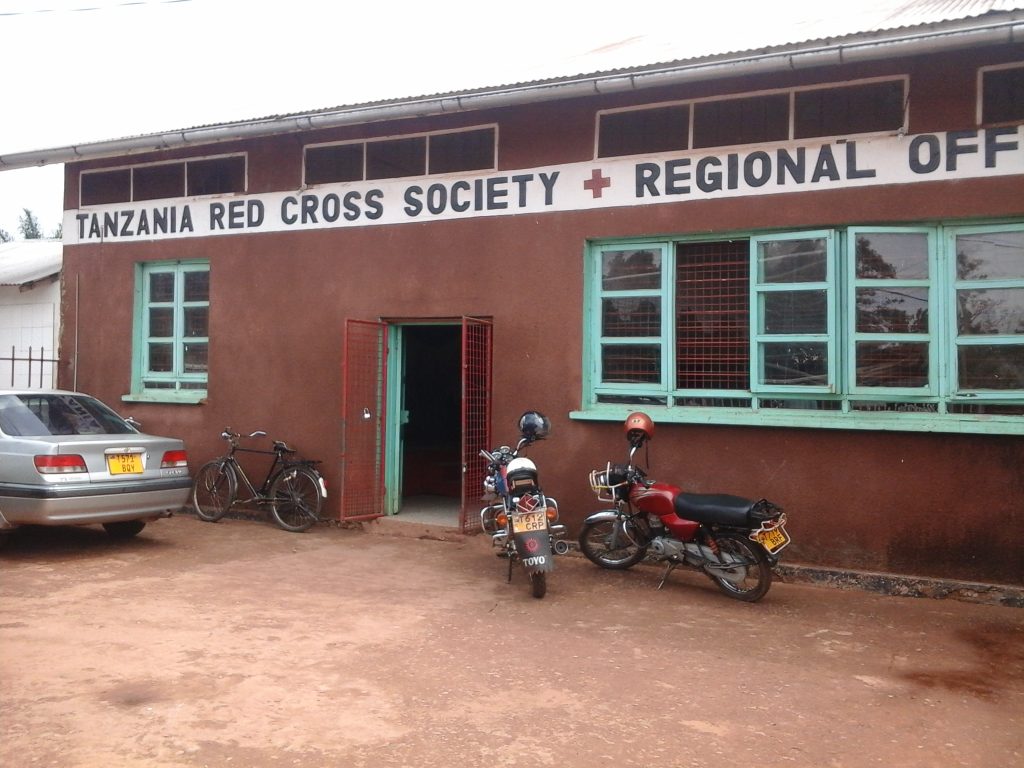The European Union has committed 150,000 Euros (about 414 million/-) in humanitarian aid funding to Tanzania to help manage the Cholera outbreak, which poses a severe risk to over 4 million people.
Cholera outbreaks continue to spread throughout the country, with 13 locations afflicted since early January 2024. According to official statistics, there have been over 1,500 documented cases, with 34 fatalities.
The EU money will help the Tanzanian Red Cross Society (TRCS) provide much-needed humanitarian services such as clean water, healthcare, sanitation, and hygiene.

The initiative will last three months, until the end of May 2024, and is estimated to benefit 178,000 people in the severely hit areas of Kagera, Mwanza, and Shinyanga.
The cash is part of the European Union’s overall commitment to the International Federation of Red Cross and Red Crescent Societies’ Disaster Relief Emergency Fund (DREF).
Tanzania is currently experiencing its most serious cholera outbreak in nearly 40 years. The widespread illness is aggravated by significant rains owing to the El Niño weather phenomena, which overwhelms wastewater systems and infrastructure, especially in densely populated areas.
Tanzania may face a prolonged epidemic unless urgent action is taken to repair infrastructure, improve water management, and promote changes in hygiene practices, with the risk of the disease spreading to neighbouring countries such as Kenya, Uganda, Rwanda, and Burundi via major Tanzanian transportation hubs such as Mwanza, Shinyanga, and Kagera.
It seeks to save lives, prevent and alleviate human suffering, and protect the integrity and dignity of those afflicted by natural disasters and man-made crises.
Every year, the EU’s Civil Protection and Humanitarian Aid Operations department assists millions of victims of wars and disasters. The EU, with its headquarters in Brussels and a global network of field offices, aids the most vulnerable individuals in accordance with humanitarian needs.
The EU has signed a humanitarian delegation agreement worth €8 million with the International Federation of Red Cross and Red Crescent Societies (IFRC) to support the Federation’s Disaster Response Emergency Fund (DREF).
The DREF’s funds are primarily distributed to “small-scale” disasters, which do not result in a formal international appeal.
The Disaster Response Emergency Fund was created in 1979 and is funded by contributions from individuals.
Each time a National Red Cross or Red Crescent Society requires immediate financial assistance to respond to a tragedy, it can request cash from the DREF.
For small-scale disasters, the IFRC distributes Fund grants, which donors can later replenish.


